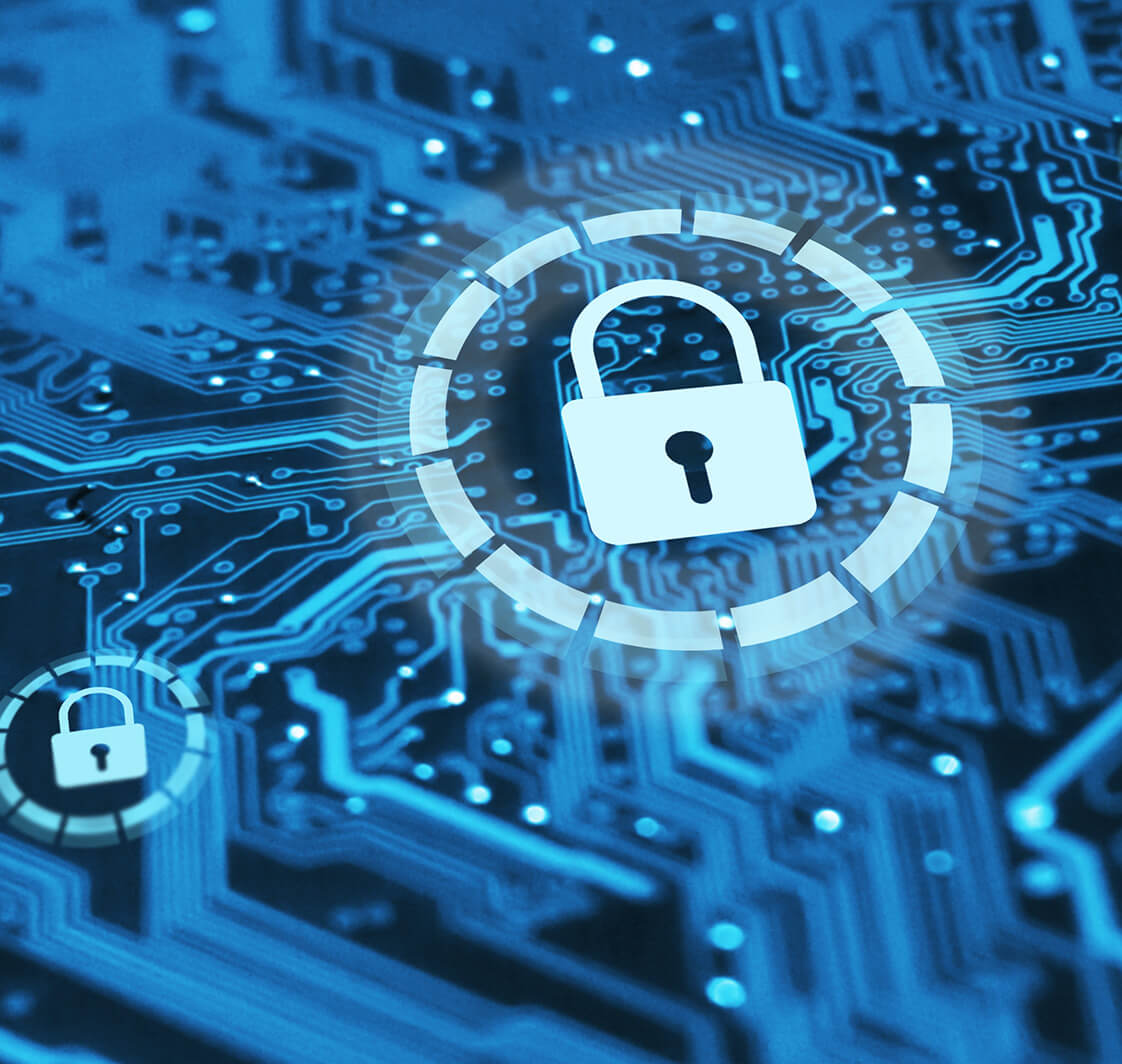Falanx Cyber Acquisition
This partnership is official and we are pleased to announce the acquisition of Falanx Cyber by the Wavenet Group.

This partnership is official and we are pleased to announce the acquisition of Falanx Cyber by the Wavenet Group.

Falanx Cyber provides enterprise-class cyber security services and solutions. We deliver end-to-end cyber capabilities, either as specific engagements or as fully-managed services. Our capabilities comprise a full suite of cyber security services, all focussed on improving our clients’ cyber resilience, and ultimately enabling them to withstand, cyber-attacks.
Falanx Cyber operates from the UK with our headquarters and Security Operations Centre (SOC) based in Reading. As a provider of cyber security services, we are focussed on delivering those services to the highest standards of client satisfaction possible. We believe that by focussing on our core business our clients benefit from levels of agility, expertise, and quality.
Please navigate through the website to see the full capability, expertise and services Falanx and Wavenet can offer together.
Should you wish to discuss further please contact us here.
Keep your people and business in sync securely, quickly, and effortlessly. Get fast, reliable internet and network solutions to keep data and operations flowing.
Find out moreEverything you need to speak to colleagues and customers seamlessly. We provide business mobile, VoIP systems, contact centres, and more.
Find out moreAll the essentials for resilience against cyberthreats so you can focus on the bigger picture. We’ll monitor your security, respond to incidents, train your staff, and even help you get cybersecurity accreditations.
Find out moreThe perfect partner for harmonious collaboration. TeamsLink works with Microsoft Teams so you can make voice calls to anyone, anywhere. It’s a convenient way to communicate without investing in infrastructure.
Find out moreTangled up in complicated or legacy tech infrastructure? Let us simplify and strengthen it for you. We’ll transform your internal tech and get it ready for future growth.
Find out moreNetwork observability solutions combine the latest technologies to collect, analyze, and visualize data from your network, helping you stay ahead of the curve and mitigate against risks.
Find out moreKeep your workforce mobile with our business mobile packages. We’ll manage everything from sourcing handsets and SIMs to finding the best tariffs and connectivity. And, if you need support, our dedicated team is only a call away.
Find out moreGet all the latest news and insights straight to your inbox.